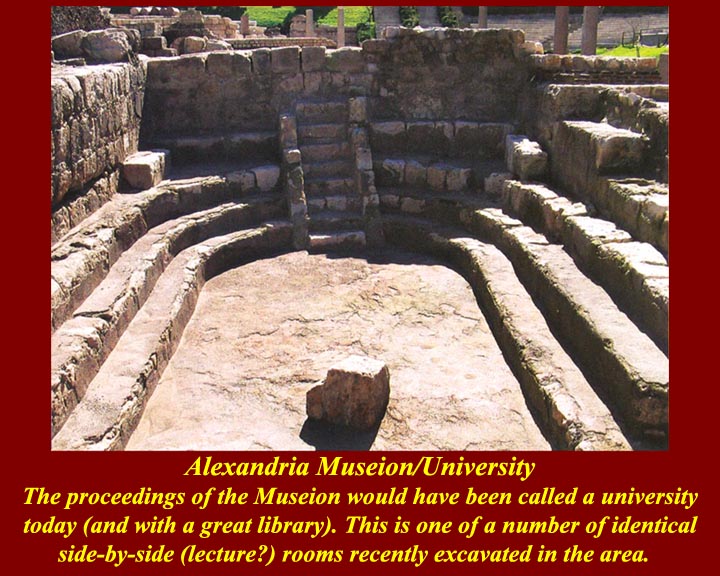As often occurs, the thoughts are various and self-contradicting at times. So what I was going to do is write about some of these thoughts to see what other people might think.
First: Lectures...why do we hold onto them.
Last week, I was in a 'hybrid education' workshop here at Georgia State University. One of the participants said that they did not feel comfortable giving up lecture. I've heard this before, and last week, as before, the answer came out that how else do you know if they got the content if you don't lecture? I think one reason that some instructors hold onto lecture is a perception of "doing your job". Your suppose to instruct students, therefore you must show that you have instructed, and what better way to do this than to lecture. Some people also consider themselves good lecturers. They make it fun, they tell jokes, tell stories, dance around in costumes, or whatever to help motivate engagement of students. For many though, I think it comes down simply to the idea that as long as I have presented to the students the content, my job is done. Then all they have to do is assess to see if the student got the knowledge they imparted.

I don't think we hold on to lectures because it is the best model of education, but because we have a long history of using this style to convey knowledge. Archaeologists are now showing us that this educational style may be older than we thought.
To sum this up: many people hold on to lecture styles because they think it is the only way to prove that they presented the information to students.
Second: Modeling behavior. George mentioned that modeling behavior, especially in learning, is "impossible". Still, we have done it for generations. When all we had were experts that could present knowledge in person (no on-demand access to information), the lecture model seemed to work. We also model social behavior from a young age, and generally teach children what society holds to be good ethical/moral behavior. Does it always work? NO. But for the vast majority of us, it worked in part. When you look at children (up to around age 6), you have to have some structure, some idea about their developmental needs. As they grow older, their needs change.
So the question that keeps coming to mind is when and how do you start adapting to the changing developmental needs of the individual. As I've mentioned before, most freshmen are not ready for a fully open class like the cMOOCs. They are not intellectually inferior, but developmentally, they are not fully mature. In situational leadership concepts, they are still in maturity stage 1: they lack the self-reflection (which comes with maturity) and self-direction (they don't know what they need to learn), as well as lacking the ability (or unwilling) to accept the responsibility of this learning model. As such, they still require direction (structure) to learn the self-reflection and self-direction needed, as well as to gain confidence to accept the responsibility of their own education. The question now becomes how to model something like this. My answer is that you have to provide multiple avenues, and low stakes assignments.
One thing to note: as we move further into the digital age, it is very possible (even likely) that students will change in what they need from different educational levels. I'm not suggesting that the average 12 year old will be ready for college, but instead that what we need to build to assist their education will be different.
That's all for now. Back to projects.
No comments:
Post a Comment